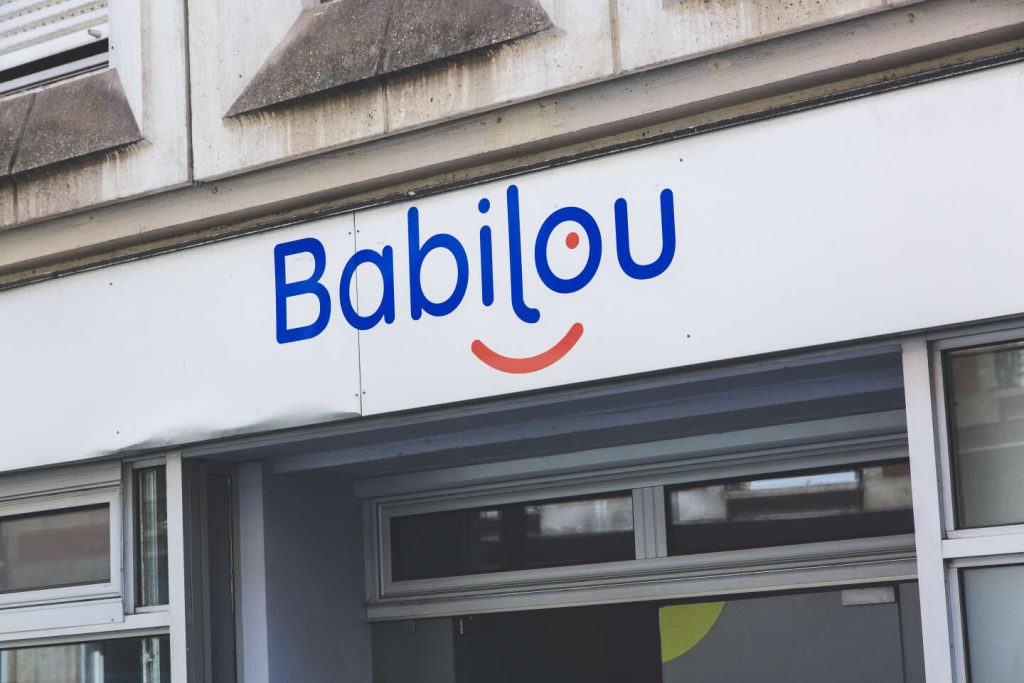In response to a public report from the general inspectorate of social affairs in March 2023, as well as books detailing abuse in for-profit daycare centers, the National Assembly in France has established an inquiry commission to investigate the economic model of daycare centers and the quality of care for young children. This commission has recently questioned major companies in the sector such as Babilou, People & Baby, La Maison bleue, and Les Petits Chaperons rouges about their shareholders, economic models, and quality policies. The testimonies provided by these companies highlight successful growth but also the need for new forms of governance and control.
In the 2000s, the French government struggled to meet the demand for daycare services within its traditional domains. This led to the creation of daycare businesses that benefited from public funding for services. Investors were attracted to the potential for rapid growth in France and abroad. Currently, these companies hold around 20% of daycare spots (80,000) and have been driving the growth of the sector. They innovate by offering reserved spots for businesses and organizations and rely on a wide network of daycare centers, often run by associations, to stay close to children’s homes. Additionally, their shareholders do not receive dividends but instead focus on sector growth to increase the value of their shares.
While this model of for-profit daycare companies has brought growth and innovation to the sector, it has also faced criticism. Since the services are largely funded by public money, there is pressure on these companies to justify their costs and profit margins. There are concerns that their profitability may rely on degraded working conditions. However, both public and private daycare centers must adhere to numerous quality standards and undergo surprise inspections by child protection services.
Similar to the controversies surrounding nursing homes for the elderly, the outcry over reports of abuse and mismanagement in daycare centers has highlighted the risks of an overly financialized sector and the challenges of monitoring such sensitive activities. To rebuild trust, a governance structure aligned with the values of the profession is needed. Some companies have already adopted the status of a mission-driven company, which holds shareholders accountable to these values, mandates a mission committee, regular publication of a mission report, and independent audits. Extending this model to the sector as a whole could enhance its attractiveness and transparency.
Overall, the inquiry into the economic models and quality of care in daycare centers in France has shed light on the successes and challenges faced by for-profit companies in the sector. It has underscored the importance of governance reforms based on the values of the profession, as well as the need for transparency and accountability to rebuild trust with the public. By addressing these issues and implementing stricter controls, the daycare industry can strive towards providing high-quality care for young children while ensuring fair treatment of workers and responsible use of public funds.















